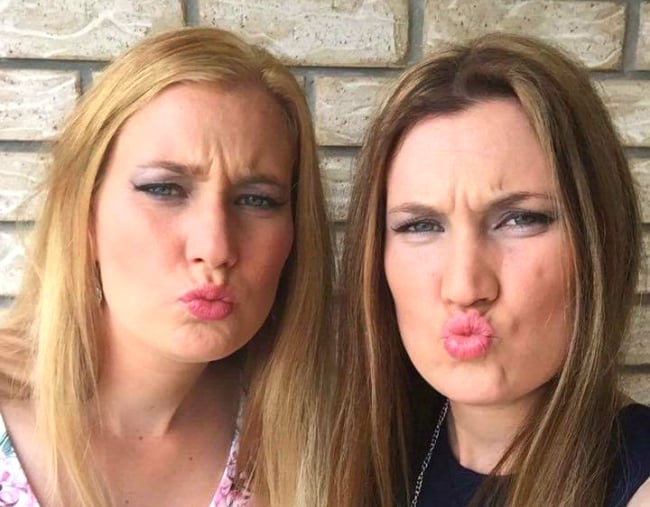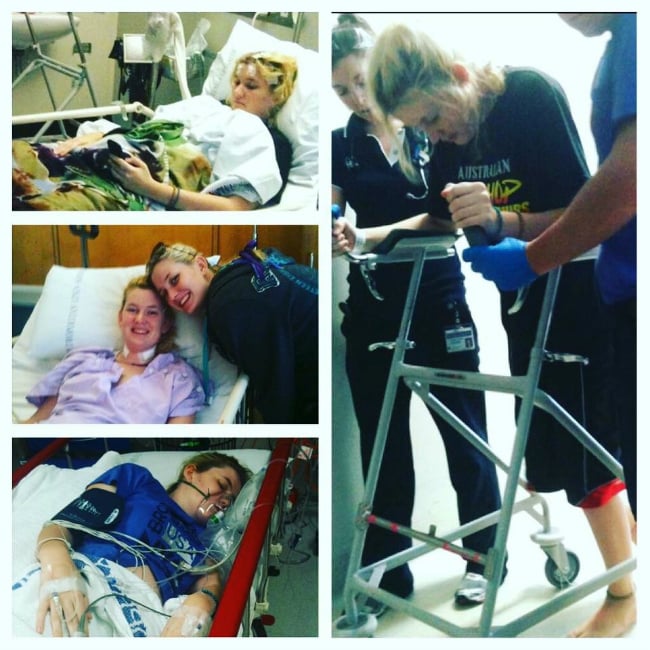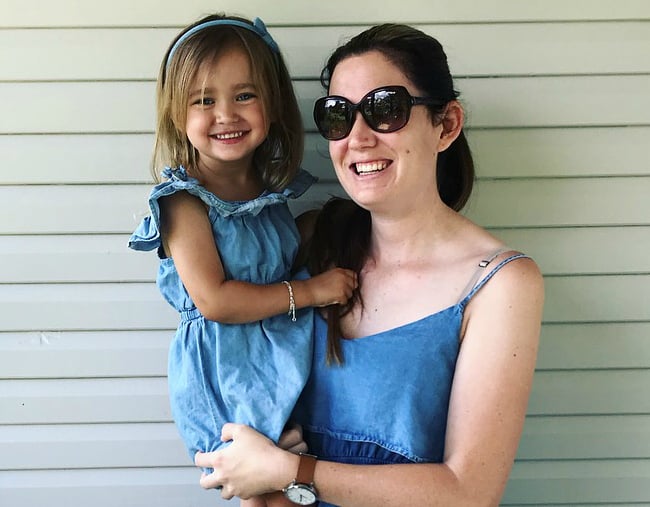
When I was diagnosed with epilepsy at age 16 it was a massive shock. Before then I’d been an ordinary, healthy, active teenager, and then suddenly I was dealing with this serious health condition.
The seizures I was experiencing – known as ‘tonic clonic’ seizures (previously called grand mal seizures) – would make me go stiff and then start shaking, lose consciousness, and sometimes I’d vomit or become incontinent as well. It was awful when it happened in public, especially at school.
As I got older I tried different medications, and eventually found one that stopped the seizures. It was amazing. After all these years I had my life back. I got my licence and was able to go out with my friends and live a normal life.
After a couple of years of being stable on my medication, my doctors decided to try and reduce my dosage to see how I’d go. A few days later I was jet-skiing with friends when I had a massive seizure and fell into the water – luckily my beautiful twin sister Steph was able to keep my head above water until the boat came back to rescue me, otherwise I would have drowned.
I was rushed to hospital where they stabilised me, but then I went into status epilepticus where I started having seizures that just wouldn’t stop. To minimise any potential brain damage, doctors put me into an induced coma and sent me off to ICU.
This was when everything went from bad to worse. I developed an allergic reaction to the drug they were using to keep me in the coma, called Propofol infusion syndrome. It caused me to have a heart attack and go into kidney failure, and I also developed rhabdomyolysis, where my muscles started wasting away.


